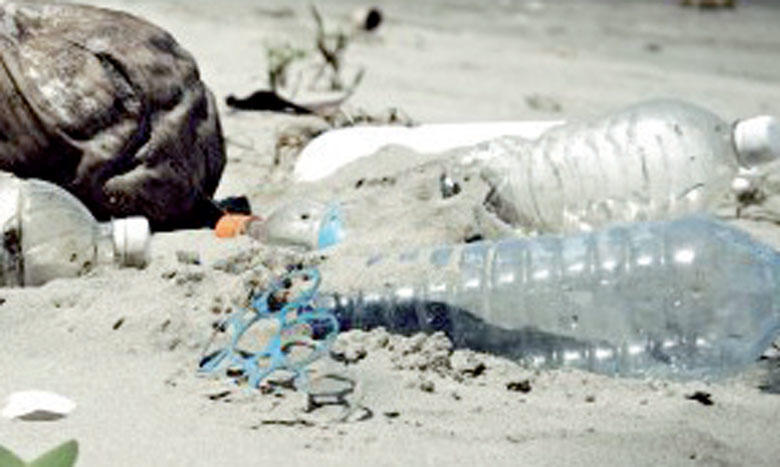
Environment and Biodiversity
Place
Berlin, Germany
Sponsor
Lars Tennhardt
Grant(s)
€10,000 to the Selection Committee at 2013/04/09
Project leader
"There are so many environmental projects that I'd love to get involved in... but the oceans represent a whole world, so rich, so magnificent, so big, that this is a priority for me. Besides, I really appreciate the DUH approach, which makes us face the fact that our behavior, our consumption habits, are largely responsible for the deplorable state of the oceans."
Lars Tennhardt
Since 1975, the nonprofit Deutsche Umwelthilfe (DUH) has created a pool of organizations working for environmental conservation, as well as political figures and representatives of the business world. Besides its main headquarters at Radolfzell, it has an office in the German capital and another at Köthen. Apart from the actual protection of natural resources, biodiversity and landscapes. Its aim is to initiate changes in favor of ecological and sustainable development. This is why, based on a dialogue between corporations, politicians, as well as citizens and the media, DUH proposes methods of sustainable economics and ecological products, while supplying the information needs of the general public. In cooperation with other environmental associations, DUH also initiates networks such as, for instance, the Lebendige Flüsse (living rivers) network, which has a nationwide membership. DUH also offers its partners information services, public relations, support for infrastructures and financing, and backs hundreds of environmental projects in Germany and elsewhere every year.
Protection of the oceans and environmental education
Today, DUH plans to bring the sea to the city through its Berlin-on-sea initiative, which allies protection of the oceans and environmental education. The initiative will further the understanding of the fact that urban consumption and our everyday behavior have a direct impact on the poor condition of the oceans. The idea follows the example of a project set up in London to regulate the fish supply of the British capital. To do this, DUH plans to gather some fifty partners over an 18 month period, who will be actively involved in protecting the oceans. They include hotels and restaurants, tourist and leisure agencies, small and large businesses, educational institutions and the media. The city of Berlin will serve as a test, the idea being to follow this up with other German and European cities, in align with a charter now in preparation. Berliner Gesellschaft für Großaquarien (Berlin association for large aquariums) which runs the Aquadom, will be one of these partners. Other players, like SeaLifeCentre, which is part of a European chain of large commercial aquariums, and chefs of the top restaurants of Berlin, have declared their readiness to cooperate. Also planned is a public campaign; actions in schools, universities, hotels and aquariums; and the creation of an alliance of local partners and a public forum for dialogue.
Berlin-on-sea
The Veolia Foundation is taking charge of the creation of the interactive website dedicated to Berlin-on-sea.

